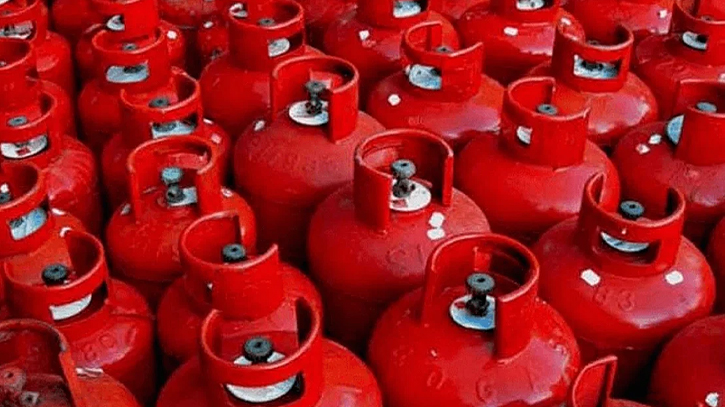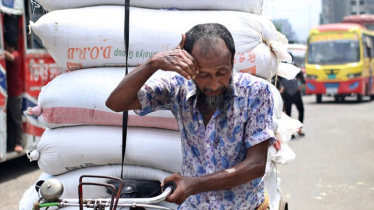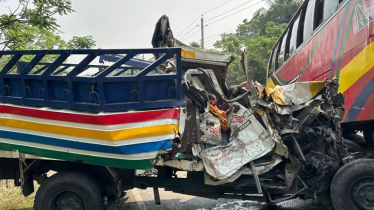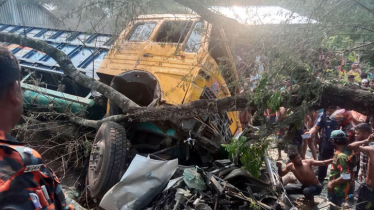
Photo: Collected
The use of Liquefied Petroleum Gas (LPG) in various settings, including households, has witnessed a surge. However, the recent accident in Kaliakoir, Gazipur, underscores the grave dangers associated with its unregulated use. A considerable number of individuals sustained injuries in that incident. With the incidence of LPG cylinder accidents on the rise, it is imperative for everyone to exercise the utmost caution while handling it. According to fire service statistics, there were 94 incidents of LPG cylinder fires in 2022 and 125 in 2023. This indicates a steady increase in fire incidents corresponding to the growing use of cylinders each year. Data from the burn unit of Dhaka Medical College Hospital reveals that since June of last year, 66 people have succumbed to injuries sustained in gas-related fires.
It's understood that there are regulations governing the use of LP gas cylinders, yet many households disregard them. Experts highlight the heightened risk of using cylinders in confined spaces, compounded by the flammability of the plastic pipes connecting them to stoves. Despite rules prohibiting such pipes, their use persists, leading to a rise in accidents. Alarmingly, some buildings store cylinders in basements, connected via pipes to kitchen stoves. Such practices should be avoided by all. Authorities must enforce regulations rigorously to prevent unsafe cylinder use.
Proper use of LPG cylinders poses no issue, but non-compliance with regulations can swiftly lead to disaster. From cylinder valves to gas pipes and stoves, adherence to standards is crucial. It's essential for everyone to abide by these guidelines. Many may lack clear knowledge about precautions for cylinder storage and cooking procedures. Those in the LPG industry hold a responsibility to educate consumers on these matters. Experts stress that businesses must prioritise safety, with the Department of Explosives also playing a key role. Proper training of personnel is imperative. Additionally, all stakeholders, including public representatives, should demonstrate accountability in this regard.
Cylinder accidents stem from technical errors, ignorance, and carelessness, with their frequency on the rise. It's imperative for relevant authorities to take robust measures to curb such incidents. Typically, cylinders have a designated period of use, and expired ones must never be utilized. While the cylinders in use adhere to international standards, experts note the proliferation of substandard components in the market. All stakeholders, including manufacturers and suppliers of such subpar parts, should be held accountable under the law. Public awareness campaigns are vital to prevent unwitting purchases of inferior cylinder components. Ultimately, heightened awareness, caution, and responsibility from all can avert cylinder gas accidents.
Messenger/Disha










